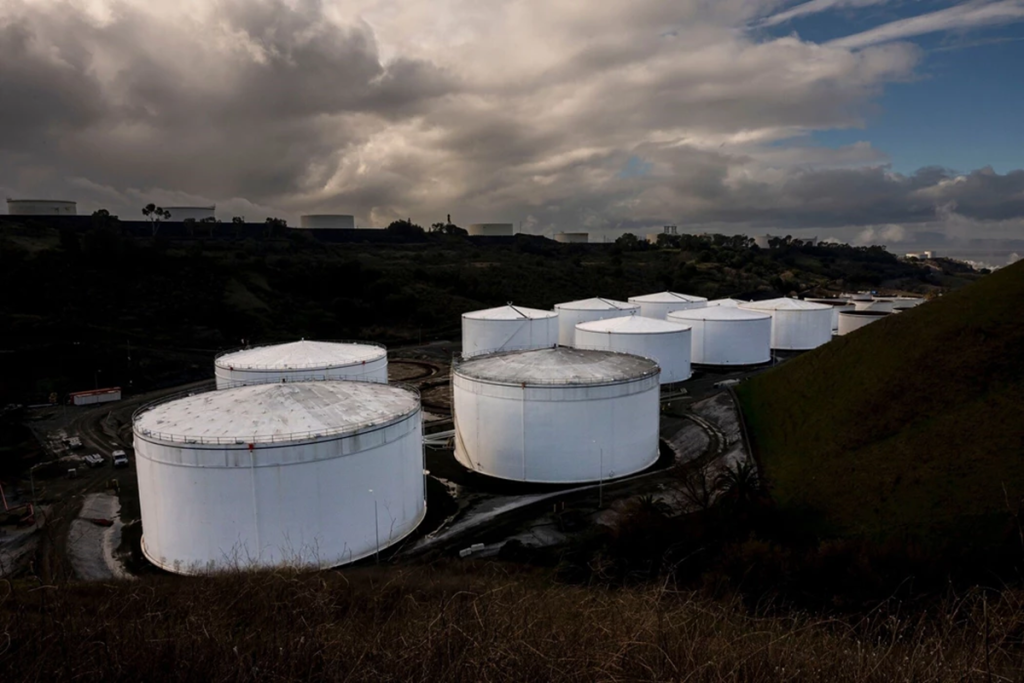Oil prices dropped on Monday as speculation grew that U.S. President-elect Donald Trump might ease restrictions on Russia’s energy sector in exchange for an agreement to end the Ukraine conflict, potentially offsetting concerns over supply disruptions from stricter sanctions.
Brent crude futures fell by 16 cents, or 0.2%, to $80.63 a barrel by 0453 GMT after a 0.62% decline in the previous session. The U.S. West Texas Intermediate (WTI) crude for April delivery decreased by 6 cents to $77.33 a barrel. The front-month contract, set to expire on Tuesday, was up 15 cents, or 0.19%, at $78.03 a barrel, recovering from a 1.02% drop on Friday.
Trump, who is set to be inaugurated later on Monday, is expected to announce several policy measures early in his second term, including lifting the U.S. moratorium on liquefied natural gas export licenses as part of a broader effort to boost the economy.
“There is a fair amount of uncertainty across markets coming into this week given the inauguration of President Trump and the raft of executive orders he reportedly is planning to sign,” ING analysts said in a note. “This combined with it being a U.S. holiday today, means that some market participants may have decided to take some risk off the table.”
Both Brent and WTI gained more than one percent last week, marking their fourth consecutive weekly rise, following U.S. sanctions on over 100 tankers and two Russian oil producers. The sanctions prompted top buyers, China and India, to scramble for prompt oil shipments, resulting in a rush for unsanctioned tankers to transport Russian and Iranian oil.

The new sanctions could impact Russia’s oil supply by nearly 1 million barrels per day, but recent price increases may be short-lived depending on Trump’s actions, according to ANZ analysts.
Trump has vowed to help end the Russia-Ukraine war swiftly, which could involve relaxing some sanctions to facilitate a peace deal, they noted.
Analyst Tim Evans observed that the new sanctions are expected to curb supply in the short term. “Higher tanker rates on unencumbered vessels and a widening backwardation in crude oil calendar spreads have been among the notable ripple effects, reinforcing the concern over supplies,” he said in his newsletter, Evans on Energy. Backwardation refers to higher prompt prices compared to future months, signaling tight supply.
The prompt Brent monthly spread widened by 5 cents to $1.27 a barrel on Monday, while the WTI spread increased by 14 cents to 63 cents a barrel.
Additionally, easing tensions in the Middle East helped temper oil prices. Hamas and Israel exchanged hostages and prisoners on Sunday, marking the first day of a ceasefire after 15 months of war.
Investors are also monitoring a cold snap in Texas and New Mexico, which could affect U.S. oil production, according to analysts at ANZ and ING.


